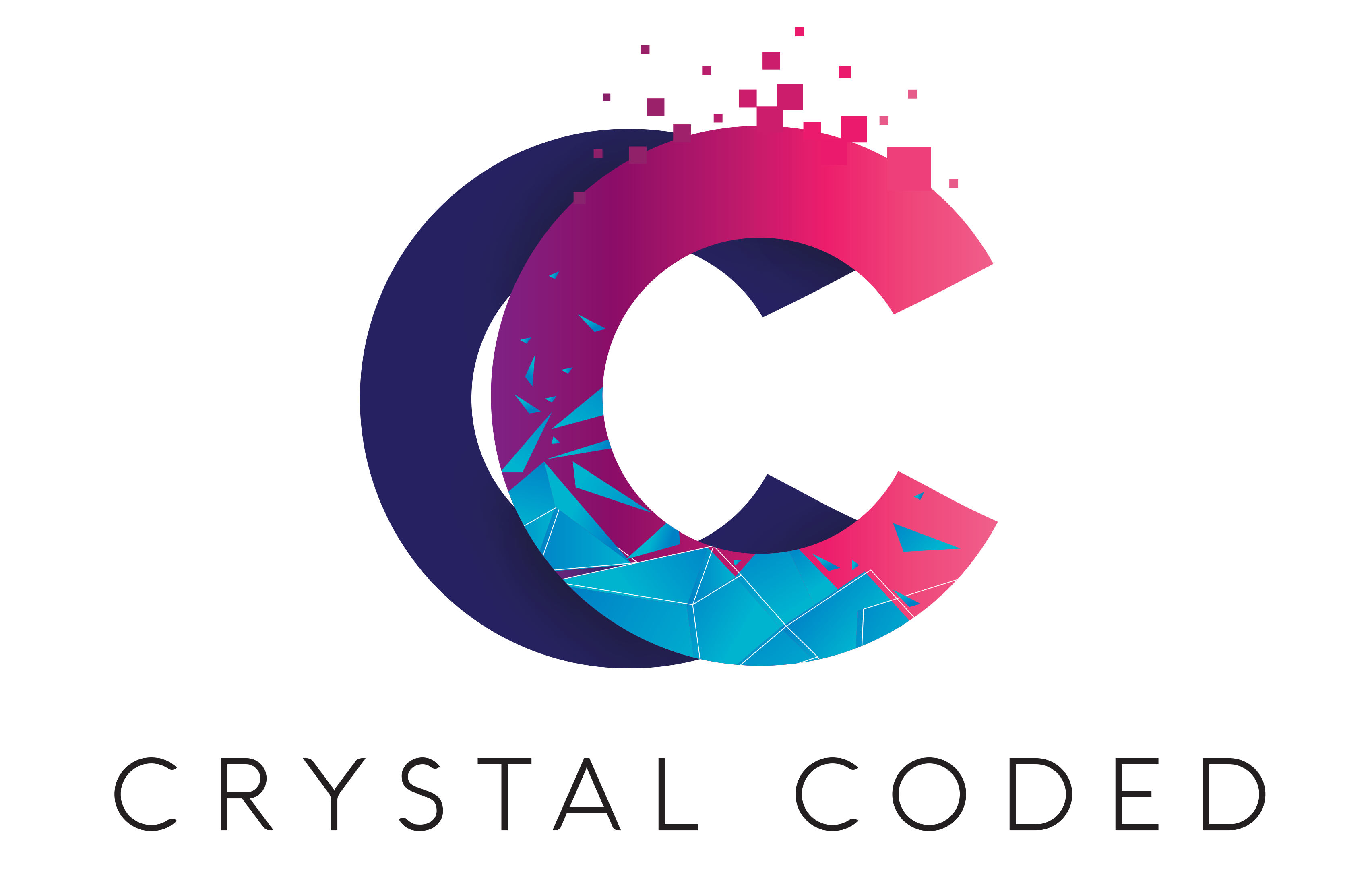Should I Swap Prescription Drugs for CDB Oil?
- Greenly Organic

- May 30, 2020
- 3 min read

CBD oil is becoming more and more popular as new studies and hundreds of online anecdotes claim it has serious benefits. CBD oil is a compound derived from cannabis plants, but it doesn’t contain any THC, the compound that creates a “high” effect. CBD is not addictive and has been shown to offer benefits such as helping with pain, inflammation, sleep, depression, epilepsy, arthritis, and more. Though not enough research has been done to know exactly how to dose CBD or what its effects are long term, scientists are optimistic about its potential to help people everywhere. Knowing when to swap out your prescription drugs for CBD oil is difficult to say, but we do know that CBD is generally safe and there are minimal side effects. We also know that CBD interacts with certain medications and that it can change the way your body processes them.
How CBD Oil Affects Your Body
Everyone’s body is different and will react to CBD in different ways, especially if taking certain medication. Talk to your doctor about what you’re taking and how it will be affected if you start taking CBD. Your doctor can also recommend CBD products that are from viable companies and the dosage you should take. According to Healthline,
“The CYP3A4 enzyme is in charge of metabolizing about 60 percent of clinically prescribed medications. But if CBD is inhibiting CYP3A4, it can’t work as effectively to break down the medications in your system. The reverse can happen, too. Many medications inhibit CYP3A4. If you then take CBD while on these medications, your body can’t work to process the CBD as effectively. If your body is metabolizing a medication too slowly, you may have more medication in your system at one time than intended — even if you’ve stuck to your normal dose.
An increased level of a medication in your system could exaggerate its effects, including unwanted or harmful side effects. Some substances also speed up the work of the CYP450 enzyme family. If your body is metabolizing a medication too fast because another substance is inducing the enzymes, you may not have enough of the medication in your system at one time to treat a health issue.”

The Grapefruit Warning
If your medications contain a warning label that says to avoid grapefruit or grapefruit juice, you should also avoid CBD. Just like CBD, certain chemicals in grapefruit inhibit CYP3A4 and slow down the metabolization of medications. Check with your doctor if you aren’t sure about the medications you are on. Some medications that commonly have the grapefruit warning are:
Antibiotics and anti-microbials
Anticancer medications
Antihistamines
Anti-epileptic drugs
Blood pressure medications
Blood thinners
Cholesterol medications
Corticosteroids
Erectile dysfunction medications
GI medications
Heart rhythm medications
Immuno-suppressants
Medications to treat mood disorders
Pain medications
Prostate medications
So Should You Swap Your Prescriptions for CBD Oil?
The answer is it’s just too early to tell. Some research has shown that CBD is more helpful when taken by itself and other studies say to take it with your medication to improve your results. Though switching every pill to something more natural sounds ideal, it’s not safe enough to give anyone the go ahead, especially since every situation is unique. Switching from prescription drugs to CBD should only happen under the supervision of a doctor and “before you begin to actually decrease your dose of your current medication, you’ll need to determine the dose you need to effectively alleviate your symptoms. This isn’t an exact science, so expect to do a little experimenting before you find the right dose.” Key to Cannabis, a trusted CBD review site recommends taking CBD about two hours before taking regular medication. This way you have time to feel the effects and determine whether or not it’s working. Once you’ve perfected the dosage, try taking it for at least two weeks before decreasing the dose slowly and in low increments on your prescription medications.
Taking Next Steps
You may be eager to get completely off of your prescription medications, but it will take time for your body to adjust and CBD may not be an effective replacement. If you find that it does work, be patient and have your doctor supervise all dosage adjustments of both your current medication and the CBD products you are using. The most important thing is to be safe and with so little peer reviewed research out there on the long-term benefits of CBD, most doctors may advise against a complete switch. If this is the case, ask your doctor how you can incorporate CBD in other ways, such as topical creams and lotions to manage pain symptoms or other ailments you may be facing. CBD oil has helped many people when other solutions haven’t, so it is definitely worth a try.
Resources and References:




Comments